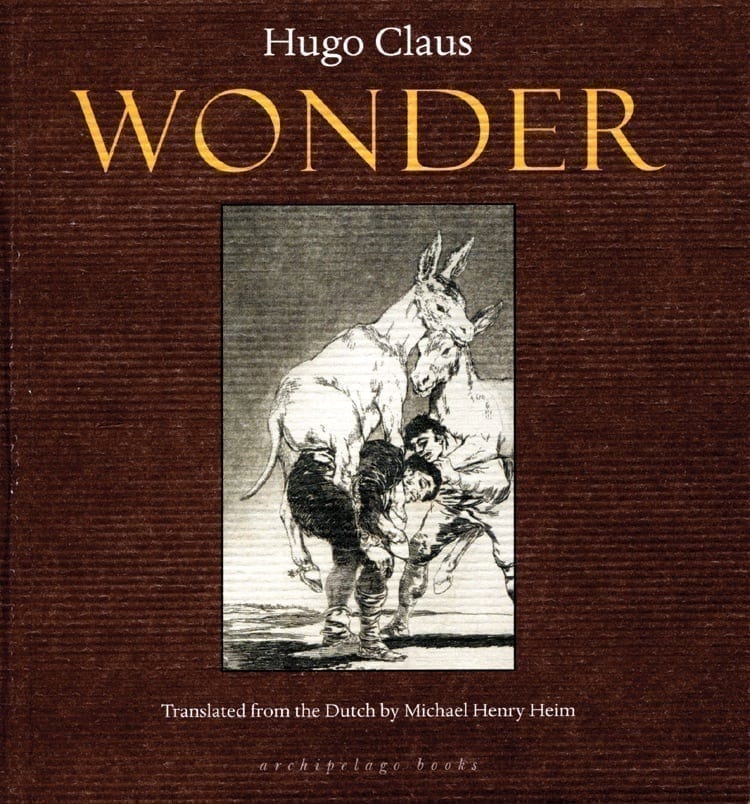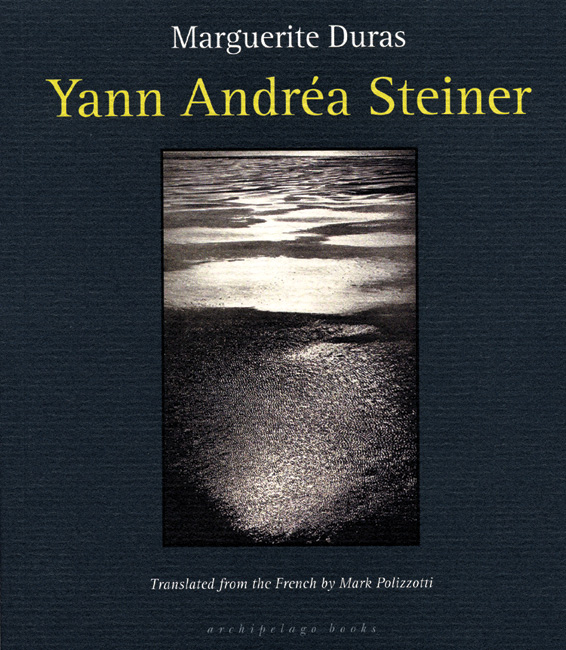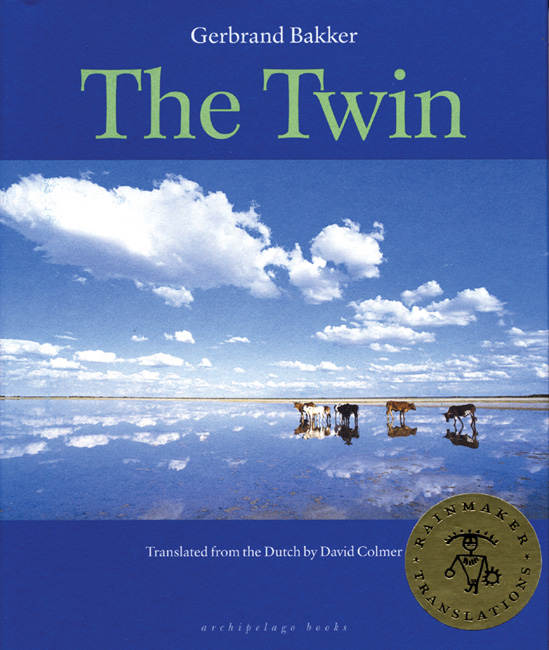Praise
[A] masterpiece. . . . The Hague's greatest writer, turn-of-the-century Louis Couperus . . . captured the city in a famous novel, Eline Vere. . . . For its roomy, chatty descriptions of life among the moneyed classes, it is a Buddenbrooks avant la lettre; for its restless heroine, trapped by social obligations, it's a Dutch Madame Bovary. . . in Ina Rilke's smart new translation, it anticipates the questions that would become so important for women in the decades to come: no longer content in a purely domestic world, what were they to do with themselves?
His sympathy for the hybrid, the impure and the ambiguous gave him a peculiarly modern voice. It is extraordinary that this Dutch dandy, writing in the flowery language of fin-de-siècle decadence, should still sound so fresh.
Superb. . . . Couperus handles his many characters with masterly ease and keeps his prose smooth, light, and flowing: Ina Rilke's translation cannot be praised highly enough. . . . With Eline Vere the estimable Archipelago Books continues to make available in English some of the most important works of European literature.
The portrait of their unfolding affair is a masterful observation of the beauty and illogic of romantic love.
Couperus binds both irony and spiritual redemption.
Couperus can fittingly be seen as the Dutch answer to Oscar Wilde.
What makes Eline Vere different is that, just as Couperus spent considerable time on Eline’s affectations, he also invests energy in her absolute madness. And he’s darn convincing.
The decline and collapse of the [romantic] union, in small gestures, words, and words left unspoken, is then handled in masterly fashion. In this sequence of events Couperus too focuses on disintegration - as, indeed, Eline Vere's story as a whole is one of disintegration.
Extras
Underappreciated: Louis Couperus
Listen to translator Ina Rilke and writer Paul Binding discuss Louis Couperus’s Eline Vere on the Leonard Lopate Show.




